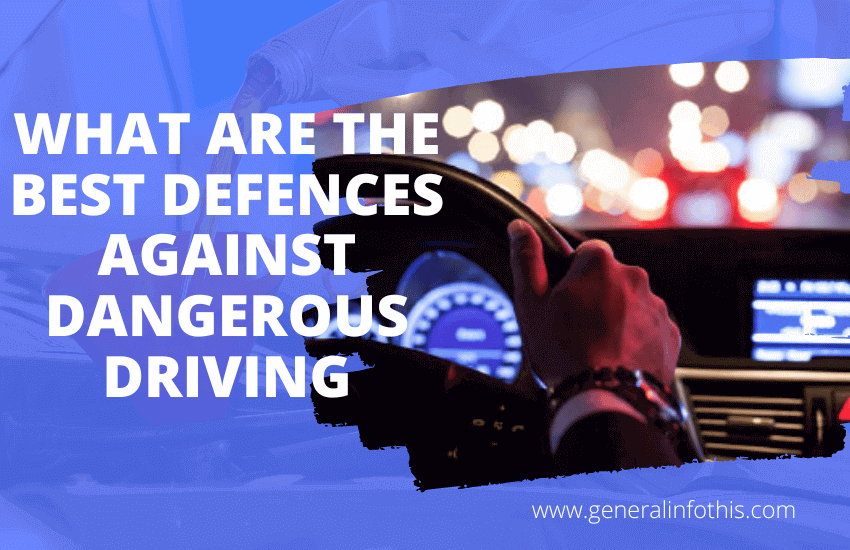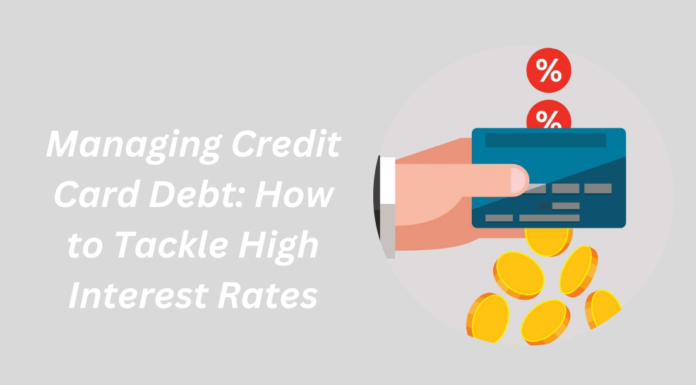Table of Contents
A Driving Offence Lawyer in Toronto Explains How to Defend a Dangerous Driving Charge
Are you looking for an experienced lawyer in Toronto to defend you against dangerous driving charges? Unlike careless driving charges, which are a serious offence that may result in a fine, dangerous driving can result in criminal charges.
So-called ‘dangerous’ driving is considered the most severe driving offence. Its main components include putting pedestrians, passengers, cyclists, or motorists at risk of accident or injury, and using unsafe driving techniques. Under section 320.13 (1) of the Canadian Criminal Code, anyone who drives a vehicle in a way that endangers the public is guilty of an offence.
If it causes bodily harm or death, you may face serious consequences. These include imprisonment, mandatory license suspension, a criminal record, and being designated a high-risk driver. The latter means you will be subject to high insurance premiums.
In such a situation, only a strong criminal defence lawyer can help.
Best Defences for Dangerous Driving Charges
If you are found guilty of dangerous driving, you could spend up to five years in prison, if you don’t hurt anyone or damage any property. However, that sentence can be increased to 10 years if there are injuries or fatalities.
If you are charged, you need to exercise your right to remain silent and to be represented by a lawyer. This is because any statement you make can be used against you as evidence. So, it is best not to say anything unless your criminal defence lawyer says you should.
After assessing your case, your driving offence lawyer can determine what defences are available to you. The fact that your driving led to an unfortunate incident (such as a collision, injury, or death) does not imply that the operation of your motor vehicle was carried out in a dangerous manner.
Here, you will learn about the best defences against dangerous driving.
Driving While Distracted
People can get distracted at any time. There is a chance that you were distracted by something that required your immediate attention, which resulted in you driving dangerously.
As per the Supreme Court of Canada, one cannot be considered liable or guilty of a dangerous driving offence because of momentary negligence or accidental or unintentional driving. So, if your actions were the result of momentary negligence or because you were distracted, you may be able to avoid a criminal conviction.
Dangerous driving is defined as driving that falls far short of the minimum standard expected of a competent and cautious driver. This includes the driver who continued to drive in a manner that endangers their own and others’ lives, despite being aware of the risks but ignoring them. Examples of dangerous driving are speeding, racing, or driving aggressively. People who are distracted do not have awareness. Therefore, it can be used as a defence against dangerous driving charges.
Necessary Speeding
If you had a compelling reason to speed and no other option, you can use necessity as a valid defence. Examples of ‘necessity’ include:
- If you were trying to escape someone who was trying to kill you.
- If you had any emergency.
- If you were trying to prevent even greater harm.
Some other instances in which speeding might lead to dangerous driving include:
- Loss of control of the vehicle due to a sudden medical illness such as a seizure, hallucination, blackout, or heart attack. (This defence would not be applicable if the impairment was a result of the driver’s voluntary decision not to take medication for a pre-existing condition.)
- Having a mechanical issue that results in dangerous driving
- Proving that driving was not dangerous in the first place
Impaired Driving
Impaired driving in Toronto is a criminal offence because the driver knows (or ought to know) that their ability to drive may be impaired. This is sufficient to support a conviction for dangerous driving.
However, involuntary consumption of drugs or alcohol can amount to a defence against dangerous driving. For example, if you can show that you were unknowingly drugged at a bar and drove dangerously as a result, you may be cleared of the charges.
Should You Get a Lawyer to Represent You for a Dangerous Driving Charge?
The best way to defend your dangerous driving charge will largely depend on the specifics of the incident. So, if you are charged with dangerous driving, the first thing you should do is not panic. Then contact an experienced driving offence lawyer to prevent your license from being disqualified and to represent your case in the best way possible.















